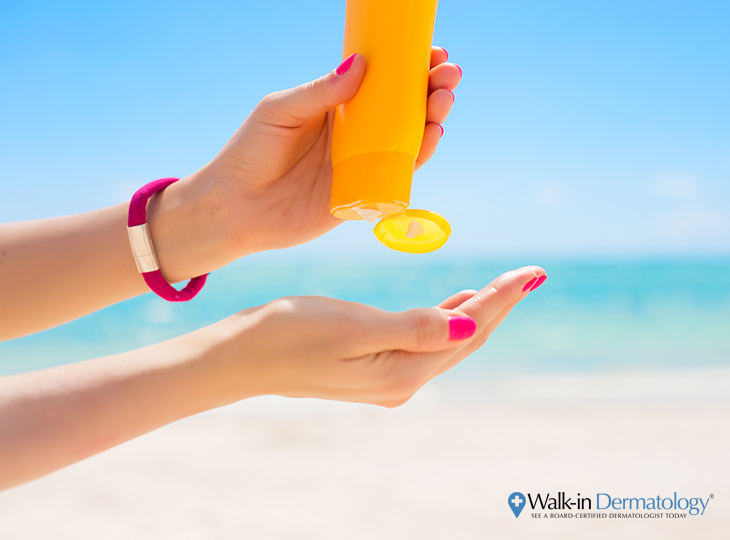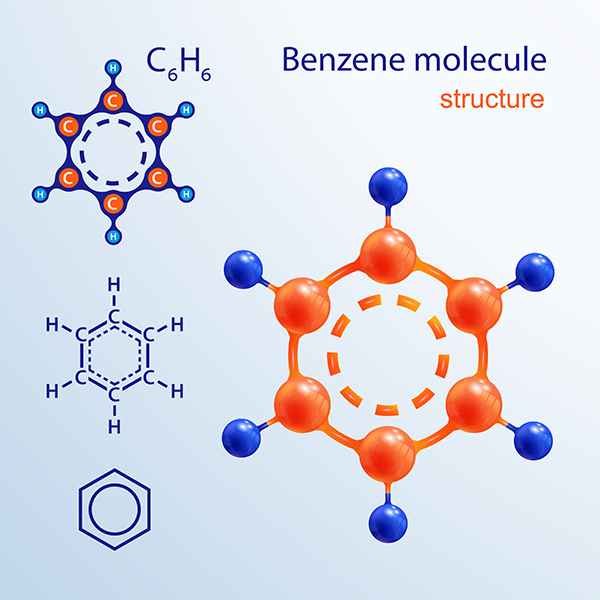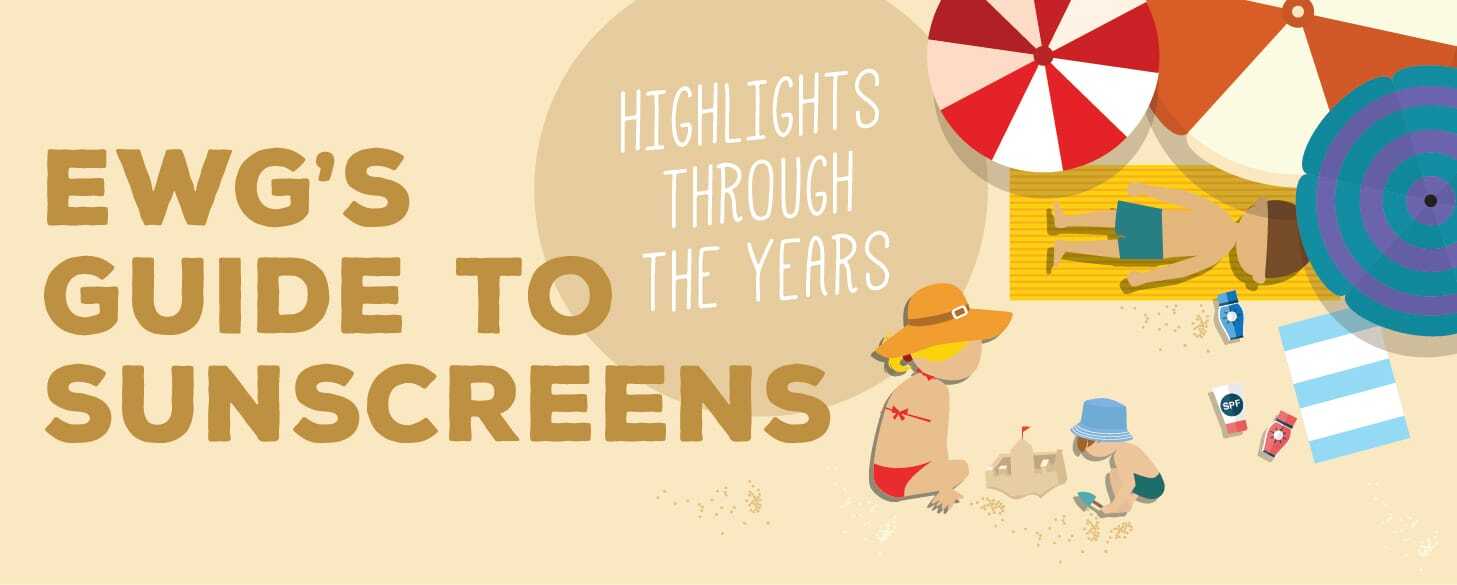Tues: 8:30am - 3:00pm
Wed: 12:00pm - 6:00pm
Thurs: 8:30am - 3:00pm
Fri: Closed
Sat: 8:30am - 12:30pm
Sun: Closed
Greenvale, NY 11548
Sunscreen Should Prevent Cancer, Not Cause It


Life is full of ironies, like the recent news that some sunscreen products contain a cancer-causing chemical. We buy sunscreen to protect ourselves not only from painful sunburn but also from skin cancer, which is the most common form of cancer worldwide. Now comes news that some of the products we’ve been slathering on to prevent one form of cancer may actually cause another.


The culprit? A chemical called benzene.
Benzene is a natural component of crude oil, gasoline and cigarette smoke. It ranks among the top chemicals used in making “lubricants, rubber, dyes, detergents, drugs, and pesticides,” as well as “plastics, resins, and nylon and synthetic fibers,” according to the US Centers for Disease Control and Prevention.
It is also a known carcinogen.
The seriousness of poisoning caused by benzene depends on the amount, route, and length of time of exposure, as well as the age and preexisting medical condition of the exposed person, the CDC reports.
Neutrogena and Aveeno were the first companies this summer to recall sunscreen products containing benzene, which can increase the risk of developing leukemia and other blood disorders, according to the National Cancer Institute.
Parent company Johnson & Johnson in a statement said, “While benzene is not an ingredient in any of our sunscreen products, it was detected in some samples of the impacted aerosol sunscreen finished products.”
The pharmaceutical giant, which is considering a bankruptcy filing in the wake of concerns about its baby powder and talc products, advised consumers to stop using the company’s aerosol sunscreen products and discard them. Johnson & Johnson faces legal action from tens of thousands of plaintiffs alleging its baby powder and talc products contained asbestos and caused cancer. The plaintiffs include women with ovarian cancer and others battling mesothelioma.
CVS stopped selling its branded After Sun Aloe Vera and After Sun Aloe Vera Spray the day after the Johnson & Johnson recall was announced.
Benzene was discovered in sunscreen products during independent testing, however, many products sold under different brands remain on the market. Valisure, the lab that conducted the testing, has petitioned the US Food and Drug Administration to take action.
Multiple sunscreen samples contained “significantly detectable benzene and some batches contained up to 3.1 times the conditionally restricted limit,” the lab noted in their press release. Valisure tested less than 300 sunscreen products and found benzene in nearly a third of them. But the FDA estimates there are more than 11,000 sunscreen products on the market.
Sunscreen formulations are considered drug products and are regulated by the FDA as cosmetics.
“There is not a safe level of benzene that can exist in sunscreen products,” said Dr. Christopher Bunick, associate professor of dermatology at Yale University, in Valisure’s press release. “Even benzene at 0.1 ppm (parts per million) in a sunscreen could expose people to excessively high nanogram amounts of benzene.” Here’s the problem: because benzene is not a standard additive in sunscreen products, it is not on the list of ingredients that appears on the packaging. Consumers may find it impossible to know what’s really in the products based only the labeled ingredients.
What to do


First, check out the Annual Guide to Sunscreens, published by the Environmental Working Group. They offer a complete rundown of sunscreen products for different age groups, skin types, outdoor conditions and more.
Concern about benzene “is NOT a reason to stop using sun protection, which is known to prevent skin cancer,” dermatologist Dr. Ranella Hirsch, a past president of the American Society of Cosmetic Dermatology and Aesthetic Surgery, posted on Instagram. “To do so would be like hearing a particular car model was recalled and then committing to never drive again.”
It’s unclear how a toxin like benzene ended up in sunscreen products. Contamination is one theory. Another is that the chemical could be a byproduct of other chemical processes used in the formulation of sunscreen.
Benzene is not the only issue surrounding sunscreen products. In EWG’s 2021 guide to sunscreens, the organization tested more than 1,800 products and found that 75% did not provide adequate sun protection or included harmful ingredients. But there were more than 200 products that did meet safety standards.
So review the EWG’s guide to safe sunscreen products – don’t just stop using any form of skin protection outdoors. Use safe sunscreens evaluated by the EWG. Wear cool, comfortable clothing outside along with a loose fitting hat. Try to avoid prolonged exposure to the sun during the highest heat of the day, typically from 10 a.m. to 4 p.m. And whenever possible, seek shade.
These are the products recalled by Johnson & Johnson:
- Neutrogena® Beach Defense® aerosol
- Neutrogena® Cool Dry Sport aerosol
- Neutrogena® Invisible Daily™ defense aerosol
- Neutrogena® Ultra Sheer® aerosol
- Aveeno® Protect + Refresh aerosol
Neutrogena and Aveeno customers can call with questions and request a refund by calling (800) 458-1673.
Let Walk-in Dermatology Take Care of You and Your Skin
If you have skin concerns and want dependable answers fast, you don’t have to wonder, worry or wait. Walk-in Dermatology is here to keep you healthy. Our team of board-certified dermatologists and experienced medical staff will address your concerns and provide the necessary care for all your skin conditions. You can also schedule an appointment with us online.
If you can’t make it to one of our offices, we can set up a Video Visit and even prescribe medications remotely. Contact us today.








